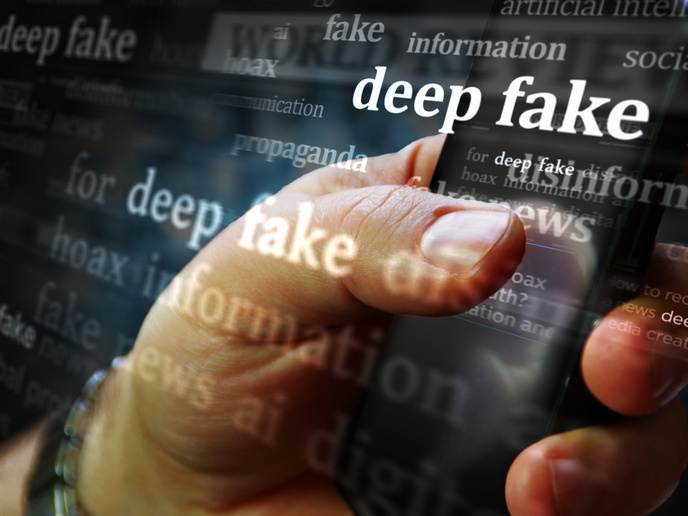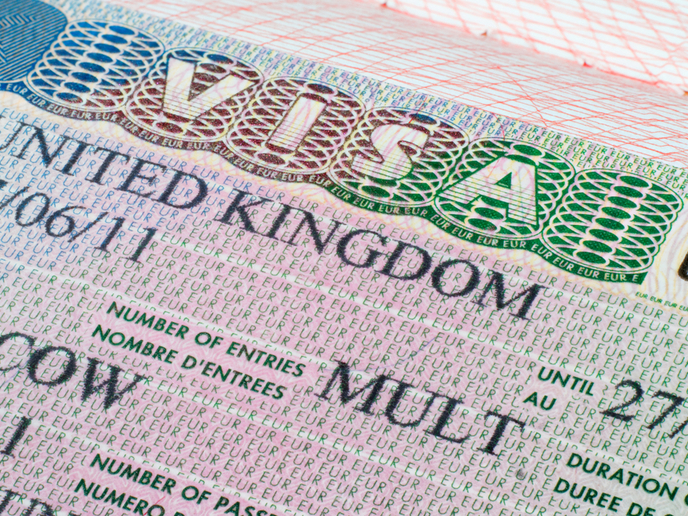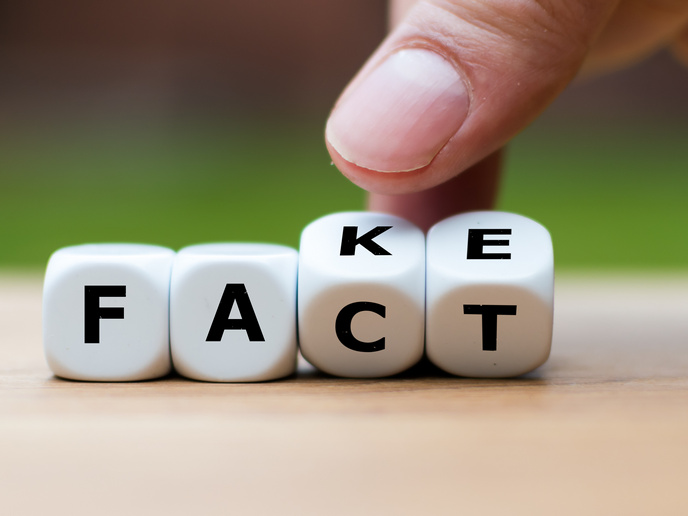Evaluating the threat to free debate in Europe
Broadcast, print and online news media play a critical role at the heart of democratic societies. But as populist and ultra-right political forces gather strength in Europe, informed decision-making, based on a free press, is increasingly under threat. Deliberative communication is a precondition to democracy. Through this, opposing views are openly debated in a tolerant way to find agreeable solutions to the issues facing society. The MEDIADELCOM project sought to understand how deliberative communication is being affected by shifting media and democratic landscapes across Europe, and developed a diagnostic tool to assess the risks and opportunities due to changes in media between 2000 and 2020. “The decline in freedom of expression could happen gradually, and might go unnoticed,” says Halliki Harro-Loit, MEDIADELCOM project coordinator and professor of Journalism at the University of Tartu in Estonia.
Monitoring the health of the media
MEDIADELCOM’s tool is a complex model that monitors national media landscapes, and builds best- and worst-case future scenarios. Policymakers and other decision makers can assess how media transformation could affect deliberative communication. The model incorporates knowledge of factors including media production and literacy, legal and ethical regulation (including media ownership and accountability), the journalism industry (such as job markets), and media usage patterns. To create the tool, MEDIADELCOM used two types of country reports: the first asked what knowledge is available on current media-related risks to deliberative communication; the second focused on their diagnosis in certain countries. The team found a lack of longitudinal information, especially in eastern European countries, and a tendency for data on media usage to be increasingly under private control, making it difficult to access. One innovative aspect to the project was the use of ‘agent-based scenarios’ in the modelling. This goes beyond structural factors in the media, and incorporates knowledge of the motivation and competence of different members of society (agents) and the interactions between them. “Journalists, different types of media prosumers, lawyers, etc. all have different influences in different countries,” adds Harro-Loit. This analysis will be presented in a forthcoming book.
Uncovering country-specific situations
MEDIADELCOM’s analysis revealed differences between EU countries and a varied ‘matrix’ of differences: some factors balance out other risks. In Estonia for example, press freedom (which includes factors such as state ownership) is stronger than freedom of expression (the legal basis for citizens to express their thoughts and opinions freely), notes Harro-Loit. “If we didn’t have a strong community of journalists sensitive to any restrictions, could we maybe also move towards a more authoritarian regime?” she asks. Practically, this means that EU-wide policies may have varied consequences. In Greece, the introduction of GDPR rules on data management improved citizen access to information. Yet in Estonia, it supported a tendency toward less transparency in public and private spheres. The MEDIADELCOM team hopes the analytic tools and scenarios will help show how regulations or shifts in the media landscape will affect deliberative communication. Ultimately this could help to foster social cohesion across Europe. “MEDIADELCOM in some aspects is in the same position that climate researchers were about 20 years ago,” says Harro-Loit. “We call for more systematic, purposeful research that assesses potential risks.”
Keywords
MEDIADELCOM, media, tools, policy, democracy, risks, opportunities, journalists, lawyers







